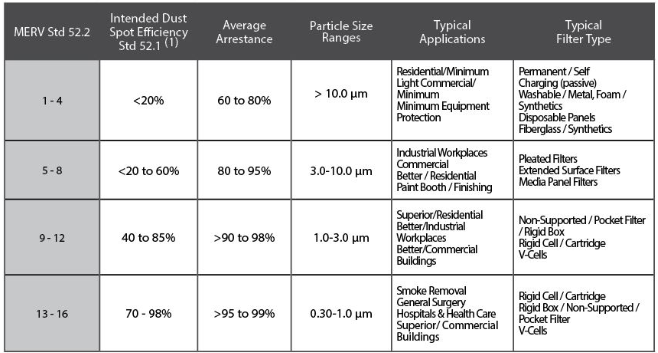Industry Insight: COVID-19 and Infrastructure Upgrades
DCBA Safety Manager Nick Gagliolo provides insight into the benefits of infrastructure upgrades during COVID-19
Routine infrastructure/HVAC upgrades are unquestionably a significant part of any facility’s maintenance plan. On many of DCBA’s projects, conducting these upgrades efficiently and in a low-impact manner allow critical research and manufacturing to continue without interruption, which could be catastrophic to a client’s timeline and have hefty financial repercussions. In today’s COVID-19 world, infrastructure upgrades have also become an investment towards occupant health, providing better filtration and higher quality air throughout the facility. These upgrades are now not only important for environmental and financial benefit, but also for public health.
COVID-19 has served as a significant reminder that being proactive, rather than reactive, can ultimately save time and resources. In the event of a positive test, many building owners face a facility-wide shutdown to sanitize and the replacement of their air filtering system all at once. Proactively upgrading your infrastructure system prior to an outbreak not only allows your facility to get up and running again more quickly, but can also slow the spread of COVID-19 and other airborne particulates, preventing employee sickness and improving respiratory health. This is achieved by selecting a filtration system with the highest MERV standard available to your system.
The MERV scale dictates the filtration system utilized by air handling systems to remove harmful particles from the air. The higher the MERV standard, the greater the filtration system. The following chart further illustrates the typical application of various MERV filters.

National Air Filtration Association. Table 1: Application Guidelines. 2020. National Air Filtration Association, Wisconsin. Understanding MERV | NAFA User’s Guide to ANSI/ASHRAE 52.2. Web. 26 Oct. 2020.
In addition to public health, routine infrastructure upgrades provide environmental and financial benefits. Owners are provided the opportunity to choose a more environmentally friendly system, reducing harmful emissions, producing energy savings, and reducing employee work productivity loss. Additionally, routine upgrades mitigate the possibility of an unforeseen crisis occurring- the sudden breakdown of one or more critical components of your system can cause disruption and loss. Not only routinely upgrading, but also routinely checking your system to ensure all are running up to par can reduce serious long-term disruptions.
So you’re on board to replace your system- what next? Engaging a construction manager to manage an infrastructure upgrade may seem unnecessary, but reduces your risk and liability associated with the project. A competent CM has the ability to provide financial organization, prior installation experience, crane management, and staff management throughout the duration of the project. Additionally, your CM can provide an experienced safety management team to reduce overall risk to the job- this includes, but is not limited to; disruption to surrounding occupants, analyzing daily high-risk activities, and managing COVID-19 and other safety protocols on the jobsite. Lastly, engaging a CM with experience purchasing and installing high standard MERV filters and working with stringent air quality standards ensures that your new system is integrated correctly from start to finish. Taking the steps to ensure that your project is run successfully provides peace of mind and a safer environment even before your infrastructure upgrade is complete.
For more information about DCBA or infrastructure upgrades and their public health benefits, please reach out to at info@dcbeane.com.

